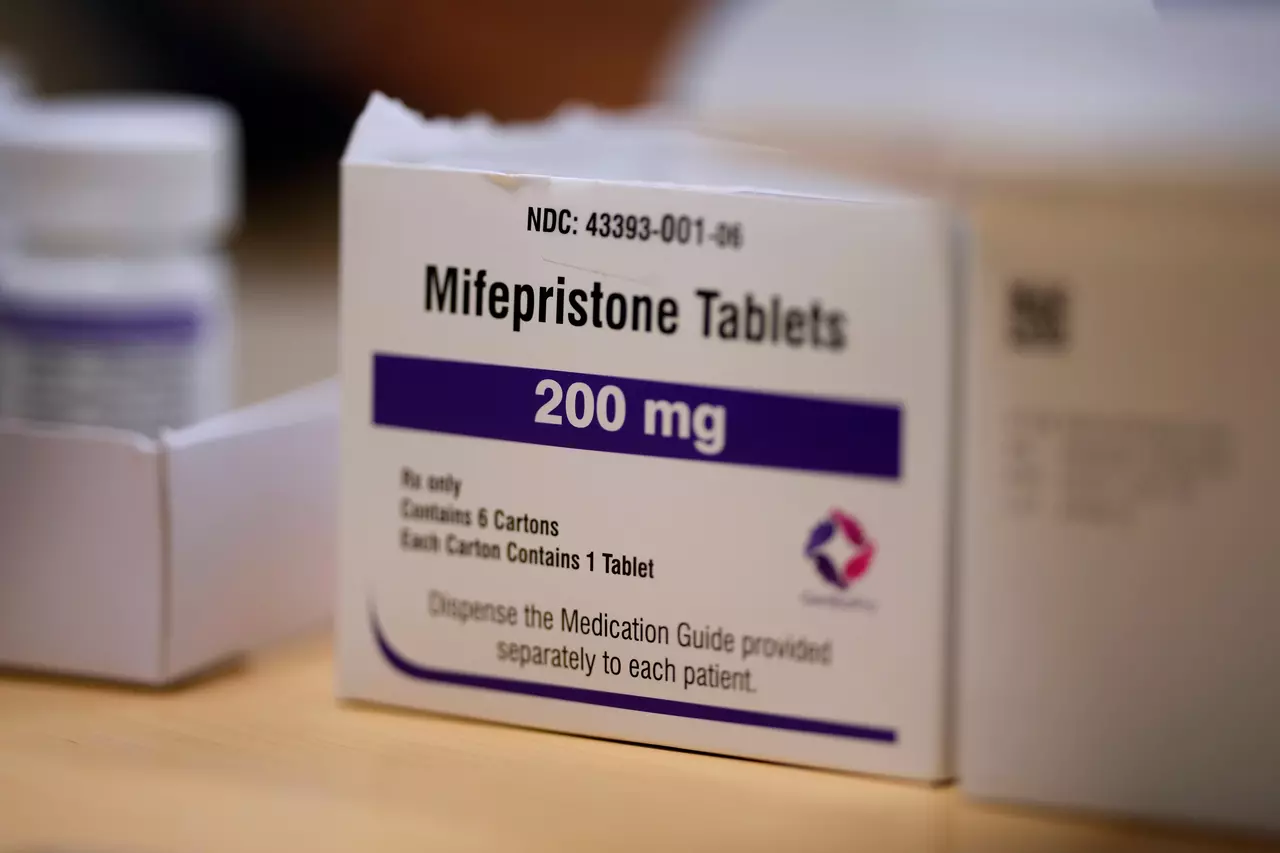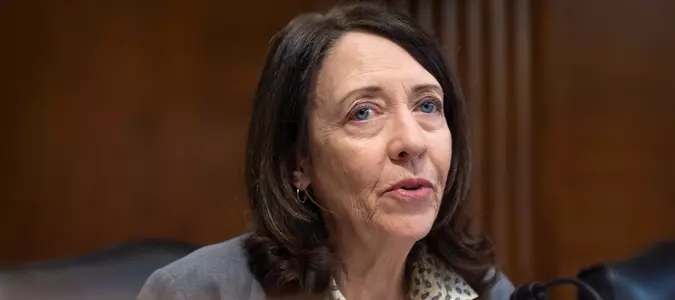

Louisiana issues a warrant to arrest California doctor accused of mailing abortion pills
Louisiana has issued a warrant to arrest a California doctor accused of mailing abortion pills

FILE - Mifepristone tablets are seen in a Planned Parenthood clinic, July 18, 2024, in Ames, Iowa. (AP Photo/Charlie Neibergall, File)
BATON ROUGE, La. (AP) — Louisiana is pursuing a criminal case against another out-of-state doctor accused of mailing abortion pills to a patient in the state, court documents filed this month revealed.
A warrant for the arrest of a California doctor is a rare charge of violating one of the state abortion bans that has taken effect since the U.S. Supreme Court overturned Roe v. Wade in 2022 and allowed enforcement.
It represents an additional front in a growing legal battle between liberal and conservative states over prescribing abortion medications via telehealth and mailing them to patients.
Pills are the most common way abortions are accessed in the U.S., and are a major reason that, despite the bans, abortion numbers rose last year, according to a report.
A Louisiana woman says she was forced to take abortion drugs
Louisiana said in a court case filed Sept. 19 that it had issued a warrant for a California-based doctor who it says provided pills to a Louisiana woman in 2023.
Both the woman, Rosalie Markezich, and the state attorney's general, are seeking to be part of a lawsuit that seeks to order drug regulators to bar telehealth prescriptions to mifepristone, one of the two drugs usually used in combination for medication abortions.
In court filings, Markezich says her boyfriend at the time used her email address to order drugs from Dr. Remy Coeytaux, a California physician, and sent her $150, which she forwarded to Coeytaux. She said she had no other contact with the doctor.
She said she did not want to take the pills but felt forced to and said in the filing that “the trauma of my chemical abortion still haunts me” and that it would not have happened if telehealth prescriptions to the drug were off limits.
The accusation builds on a position taken by anti-abortion groups: That allowing abortion pills to be prescribed by phone or video call and filled by mail opens the door to women being coerced to take them.
“Rosalie is bravely representing many woman who are victimized by the illegal, immoral, and unethical conduct of these drug dealers,” Louisiana Attorney General Liz Murrill said in a statement.
The doctor also faces a lawsuit in Texas
Murrill's office did not immediately answer questions about what charges Coeytaux faces, or when the warrant was issued. But under the state's ban on abortions at all stages of pregnancy, physicians convicted of providing abortion face up to 15 years in prison and $200,000 in fines.
Coeytaux is also the target of a lawsuit filed in July in federal court by a Texas man who says the doctor illegally provided his girlfriend with abortion pills.
Coeytaux did not immediately respond to emails or a phone message.
The combination of a Louisiana criminal case and a Texas civil case over abortion pills is also playing out surrounding a New York doctor, Margaret Carpenter. New York authorities are refusing to extradite Dr. Carpenter to Louisiana or to enforce for Texas Attorney General Ken Paxton the $100,000 civil judgment against her.
In the Louisiana case, officials said a pregnant minor’s mother requested the abortion medication online and directed her daughter to take them. The mother was arrested, pleaded not guilty and was released on bond.
New York officials cite a law there that seeks to protect medical providers who prescribe abortion medications to patients in states with abortion bans — or where such prescriptions by telehealth violate the law.
New York and California are among the eight states that have shield laws with such provisions, according to a tally by the Guttmacher Institute, a research organization that supports abortion rights.
The legal and political fight over abortion pills is expanding
The legal filings that revealed the Louisiana charge against Coeytaux are part of an effort for Louisiana, along with Florida and Texas, to join a lawsuit filed last year by the Republican attorneys general for Idaho, Kansas and Missouri to roll back federal approvals for mifepristone.
This year, both Louisiana and Texas have adopted laws to target out-of-state providers of abortion pills.
The Louisiana law lets patients who receive abortions sue providers and others. The Texas law goes further and allows anyone to sue those who prescribe such pills in the state.
Both Health Secretary Robert F. Kennedy Jr. and Food and Drug Administration Commissioner Marty Makary have said they are conducting a full review of mifepristone’s safety and effectiveness.
Medication abortion has been available in the U.S. since 2000, when the Food and Drug Administration approved the use of mifepristone.
___
Mulvihill reported from Cherry Hill, New Jersey.
















